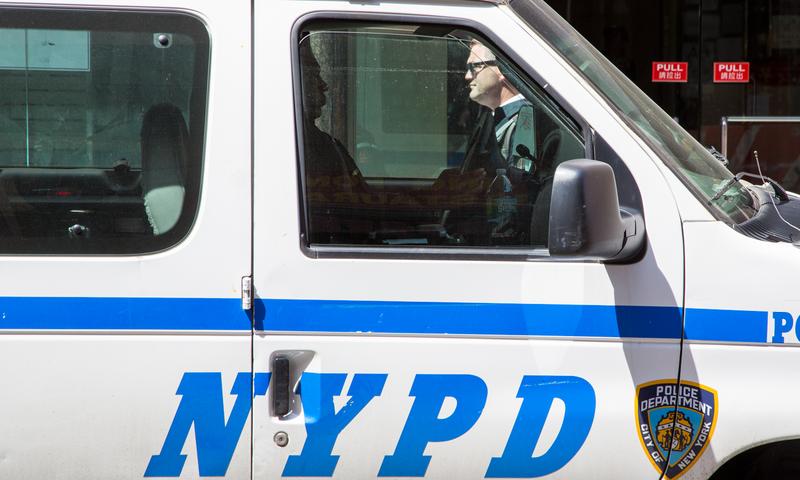
On any given day the NYPD has about $70 million in seized money along with other property like cell phones and cars taken from New Yorkers. No one outside the department knows much about what happens with those assets. But that’s about to change.
As part of a legal settlement with the Bronx Defenders – a public defender and legal advocacy organization – the NYPD will for the first time release some details on property it seizes from the public.
“Until today, the impact of the NYPD’s seizure of property and cash has only been seen and felt by the low-income people of color it routinely affects, like our clients in the Bronx,” said Adam Shoop, Legal Director of the Civil Action Practice at the Bronx Defenders, in a press release touting the settlement.
The NYPD initially denied a 2014 public records request from the Bronx Defenders for detailed records on seized assets. The group sued the department in 2016 under the New York's Freedom of Information Law (FOIL). As part of the lawsuit settlement filed in state court Monday, the NYPD is agreeing to give records for one year to the Bronx Defenders.
The Bronx Defenders agreed not to release the detailed records – more than 160,000 documents in all – but will analyze the information and prepare a public report, said Niji Jain, an attorney in the Bronx Defenders’ impact litigation unit.
“We don't have any detail or visibility into what that property is, who it's being taken from, what the sources are, what the justifications are and we hope to be able to shine a light on a lot of that information,” Jain said in a phone interview.
The NYPD declined to comment.
New York City's Law Department released a statement, though, about the case. It said, "The NYPD system in place is primarily used for the efficient management of property that comes into NYPD's possession through seizures and other methods, not for reporting out on various informational requests, especially since the system contains personal information of members of the public.
"There has been no allegation that any of the assets were mishandled. In an effort to be more transparent, the NYPD was able to provide information to satisfy the Bronx Defender's FOIL request and end the litigation while at the same time protecting the personal information in the database."
